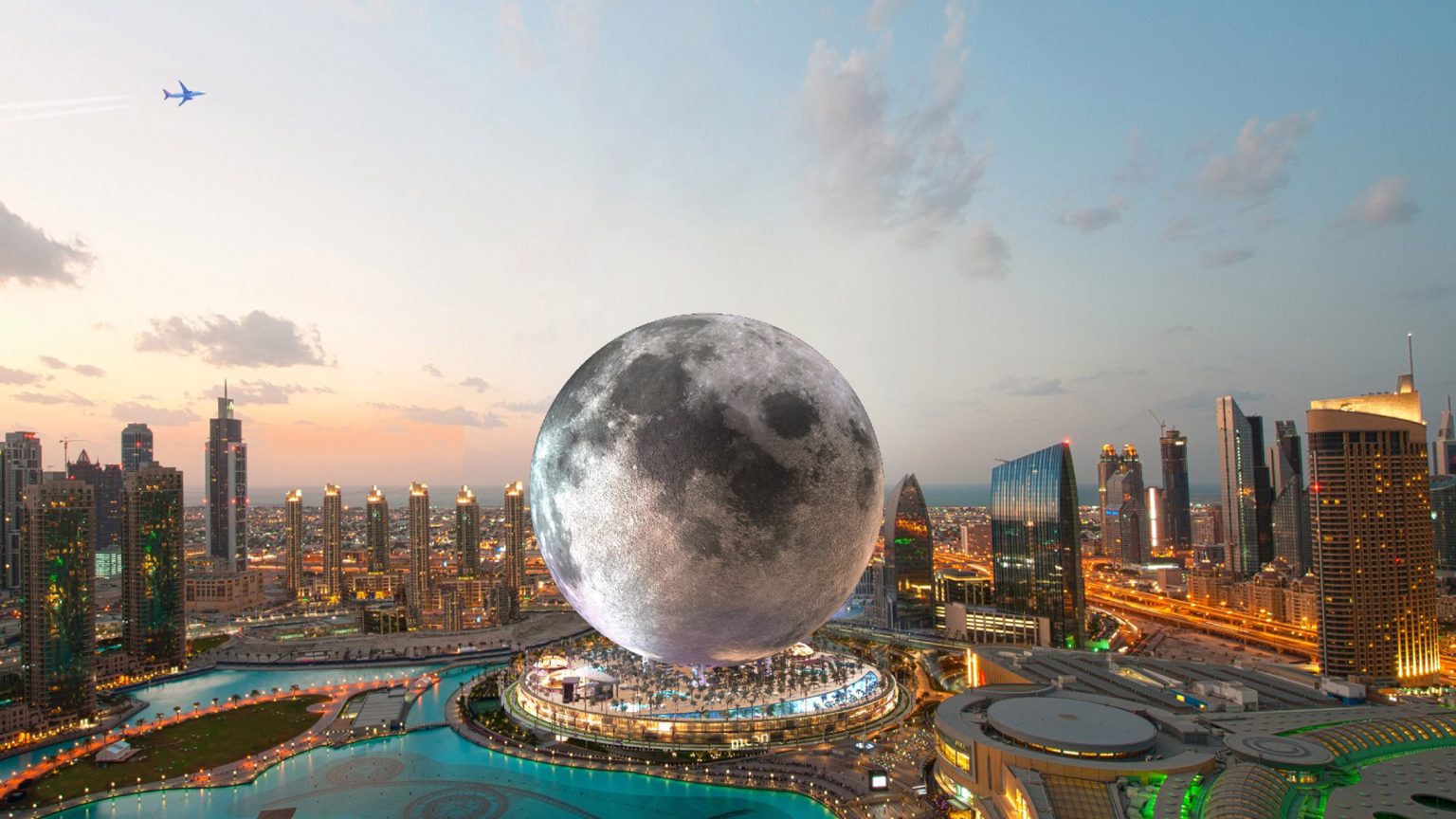MGM Resorts is making waves in the entertainment industry with its ambitious plans for the “Dubai Sphere,” which promises to be as captivating as its Las Vegas counterpart. Announced by CEO and President Bill Hornbuckle, the Dubai Sphere project reflects MGM’s commitment to enhancing the entertainment landscape in the emirate.
A Vision for Dubai
The Dubai Sphere is part of a larger $2 billion development project that has been in the works since 2017. While initial plans faced delays, significant progress has recently been made, with the construction contract finally awarded this year. Hornbuckle highlighted the project’s potential during the Skift Global Forum, stating that the Sphere would feature three distinct MGM properties—MGM, Bellagio, and Aria—arranged around a central Sphere structure.
Hornbuckle described the Dubai Sphere as smaller than its Las Vegas counterpart but equally engaging. It will house 300 seats and include a mini showroom, designed to deliver impressive visual displays and shows. “It’ll have a show line that walks through the history of Dubai,” he noted, drawing a parallel between Dubai’s rapid transformation and Las Vegas’s own growth.
Size and Capacity
The Dubai Sphere is intended to stand as a distinctive entertainment venue, albeit on a smaller scale compared to its Las Vegas sibling. The original concept envisioned a 110-meter-high entertainment tower equipped with advanced 3D light and sound capabilities. The Las Vegas Sphere towers at 112 meters and accommodates up to 18,600 guests, showcasing the scale and ambition behind the Vegas venue.
Despite being smaller, the Dubai Sphere aims to deliver a unique experience that captivates visitors. Hornbuckle emphasized the project’s narrative focus, intending to showcase Dubai’s evolution from desert to megacity in just 35 years. This storytelling approach aims to resonate with tourists and locals alike, creating a deeper connection to the region’s history.
Independence from Sphere Entertainment
Importantly, the Dubai Sphere is not affiliated with Sphere Entertainment, the company behind the Las Vegas Sphere. MGM Resorts is independently managing the Dubai project, although Hornbuckle expressed a willingness to consider partnerships in the future. This strategic decision allows MGM to retain creative control while exploring opportunities to collaborate with other entities.
Sphere Entertainment has previously indicated a desire to expand its global footprint, potentially licensing smaller Sphere venues in various markets. Executive Chair and CEO James Dolan remarked on the company’s interest in constructing additional Spheres worldwide, including smaller variants for niche markets.
Current Status and Future Prospects
As it stands, the MGM project in Dubai does not have an official opening date. However, Hornbuckle assured attendees at the Skift forum that progress is underway. While the current design is a non-gaming complex, there are discussions about the potential for a casino license in the future.
Hornbuckle noted the cultural shift in the UAE regarding gaming, emphasizing that while gaming may not be accepted among Emiratis, a significant portion of the population is comprised of non-Emiratis. “Once you get there and gaming is socially accepted,” he stated, suggesting that Dubai’s burgeoning tourism market—particularly from regions like India and China—could influence the city’s stance on gaming.
The project’s non-gaming status was clarified by an MGM spokesperson, who noted that while there are hopes for future gaming options, there are currently no announcements regarding casino licenses. Instead, MGM has focused its gaming bids on Abu Dhabi, aligning its strategy with the region’s evolving cultural landscape.
Partnership with Wasl
MGM is collaborating with Wasl, a prominent hotel owner and developer in Dubai, which has established ties with the local government. This partnership positions MGM to leverage Wasl’s insights and connections as they navigate the complex regulatory environment in the UAE.
Hornbuckle expressed optimism about the potential for gaming in Dubai, acknowledging the region’s ongoing transformation. As global tourism continues to surge, the presence of iconic entertainment venues like the Dubai Sphere could play a crucial role in attracting visitors and enhancing the local economy.
Conclusion
MGM Resorts’ Dubai Sphere represents an exciting chapter in the evolution of entertainment in the Middle East. By combining storytelling, advanced technology, and world-class hospitality, the Sphere aims to create a compelling destination that captivates both locals and tourists.
As the project moves forward, it reflects the broader trends in the global entertainment industry, where collaboration, innovation, and adaptability are key to success. With the potential for future expansions and gaming opportunities, the Dubai Sphere is set to become a landmark destination, further solidifying MGM’s reputation as a leader in the hospitality and entertainment sectors.
As the vision for the Dubai Sphere unfolds, the excitement surrounding its development signals a promising future for MGM Resorts and the broader entertainment landscape in the region. The combination of unique experiences and cutting-edge technology could redefine the way visitors engage with Dubai, offering a fresh perspective on this dynamic city.
